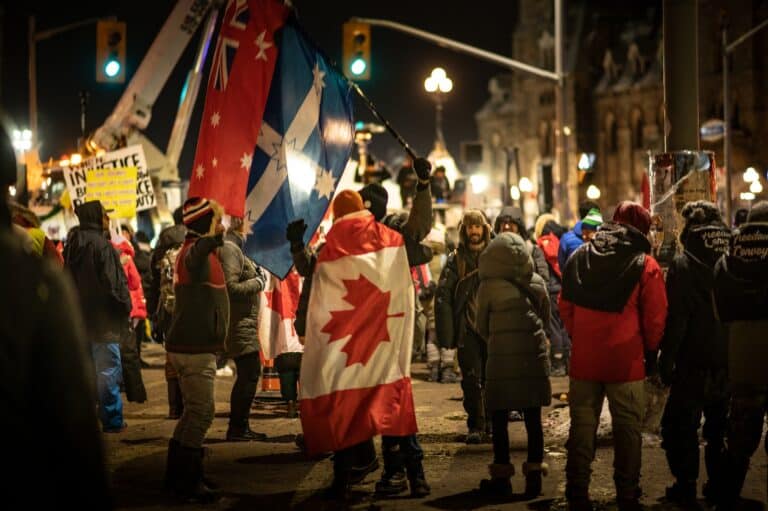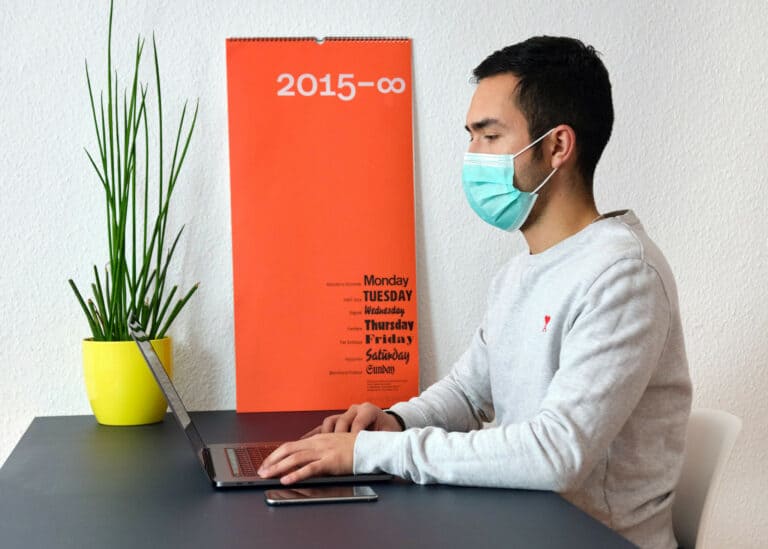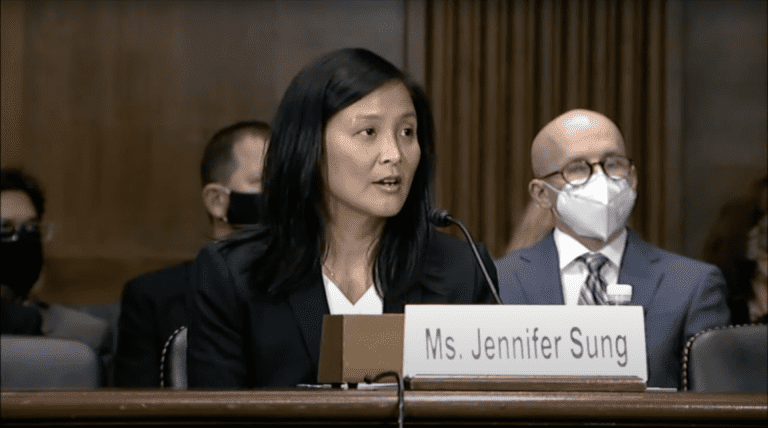
Alex Blutman is a student at Harvard Law School and a member of the Labor and Employment Lab.
On December 2nd, the collective bargaining agreement between Major League Baseball and the MLB Players Association expired, allowing the league to impose a lockout as the two sides were unable to complete an agreement before the deadline. It is baseball’s first work stoppage since the 1994-1995 strike. The league office and the union released dueling public statements. Commissioner Rob Manfred characterized the league’s action as a “defensive lockout…necessary because the Players Association’s vision for Major League Baseball would threaten the ability of most teams to be competitive.” The MLBPA called the lockout “specifically calculated to pressure Players into relinquishing rights and benefits, and abandoning good faith bargaining proposals that will benefit not just players, but the game and industry as a whole.” While negotiations over a new CBA will cover a host of important issues, perhaps most central is baseball’s free agency structure, which requires players to serve in the major leagues for six years before they’re eligible to sign contracts that depart from proscribed starting salaries. Players argue the system depresses earning potential during their most productive years; owners claim rosters would be unaffordable without such a restriction.
Two minor league baseball coaches are suing the Washington Nationals, claiming the team violated their religious rights when it denied them exemptions from the club’s mandatory COVID-19 vaccination rule for employees. Although the athletes competing in most of the major American sports leagues are not subject to a vaccine mandate (as any mandate would need to be bargained for by the leagues and their respective unions), the same is not true for the coaches and staff working alongside the players, who are primarily employed by individual clubs with their own health and safety policies. The plaintiffs argue that the team could have accommodated their beliefs by allowing them to continue under the masking and distancing protocols that have been in place since the onset of the pandemic. In denying the pair’s requests for exemption, the Nationals stated that allowing them to remain unvaccinated would “pose an unacceptable risk” to their coworkers, customers, and others.
The December 10th deadline for written responses was the final stage in the United States Women’s National Soccer Team’s equal pay suit before the appeal could move on to oral arguments in front of the Ninth Circuit. In their final brief, the USWNT revived their argument that the district court used the wrong standard when evaluating their equal pay claim by focusing on their total compensation in comparison to the men’s team rather than employing an analysis of rate of pay. In support, the USWNT cited a recent Fourth Circuit decision that rejected the idea that a female employee’s higher commissions could offset her lower annual salary compared to a similar male employee. According to the players’ brief, the court held that pay comparisons made under the Equal Pay Act must be made using rate of wages. In response, U.S. Soccer said in a filing that the Fourth Circuit case is inapplicable—that case, which dealt only with a single wage component, unequal salaries, is much too different from the situation here, in which the men’s and women’s national teams are compensated via separate union deals that factor in wages, bonuses, and benefits.
Meanwhile, just three days later on December 13th, U.S. Soccer and the USWNT avoided an impending strike by signing a memorandum of understanding that extends a no-strike/no-lockout agreement until March 31 while the parties continue negotiations over a new collective bargaining agreement, which expires at the end of the year. The agreement also suspends the allocation system that had required most USWNT players to play in the National Women’s Soccer League through contracts signed with and guaranteed by the federation. Now, there is no restriction on the number of USWNT players who may play for non-NWSL clubs (such as in Europe), and USWNT players who do play in the NWSL will be signing contracts directly with their clubs, meaning they can formally join the NWSL Players Association.
Following an independent workplace misconduct investigation, the NBA’s Portland Trail Blazers have fired their long-time General Manager and President of Basketball Operations Neil Olshey for violations of the team’s Code of Conduct. Accusations made against Olshey in early November, with reports of him subjecting staffers to “profanity-laced tirades” and other forms of bullying, came amid broader toxic workplace culture problems across many professional sports.
Major League Soccer is undertaking changes to its diversity, equity, and inclusion hiring policy for sporting positions in an effort to increase the policy’s efficacy, add a specific focus on the hiring of Black candidates, and strengthen the policy’s enforcement mechanisms. The league’s Rooney Rule—a name borrowed from the pioneering National Football League policy—will now require that the finalist pool for an open technical position include two or more non-white candidates, one of whom must be Black/African American. Teams must also demonstrate that the interview process includes candidates with comparable experience to all candidates in the finalist pool—an effort to crack down on decision makers from violating the spirit of the rule by interviewing “token” candidates whose qualifications are not sufficient for the job. MLS’s self-reported data suggests there is equitable representation of Hispanic/Latinx coaches relative to its player pool; however, while Black players represent 25% of the league, they make up merely 7% of assistants and 10% of head coaches. The league’s general counsel’s and DEI offices will jointly enforce the policy, which provides for public sanctions and possible fines of more than $100,000. While teams could previously target select candidates for open positions, they must now submit all details of vacancies to a portal open to the league.










Daily News & Commentary
Start your day with our roundup of the latest labor developments. See all
December 13
In today’s News & Commentary, the Senate cleared the way for the GOP to take control of the NLRB next year, and the NLRB classifies “Love is Blind” TV contestants as employees. The Senate halted President Biden’s renomination of National Labor Relations Board Chair Lauren McFerran on Wednesday. McFerran’s nomination failed 49-50, with independents Joe […]
December 11
In today’s News and Commentary, Biden’s NLRB pick heads to Senate vote, DOL settles a farmworker lawsuit, and a federal judge blocks Albertsons-Kroger merger. Democrats have moved to expedite re-confirmation proceedings for NLRB Chair Lauren McFerran, which would grant her another five years on the Board. If the Democrats succeed in finding 50 Senate votes […]
December 10
In today’s News and Commentary, advocacy groups lay out demands for Lori Chavez-DeRemer at DOL, a German union leader calls for ending the country’s debt brake, Teamsters give Amazon a deadline to agree to bargaining dates, and graduates of coding bootcamps face a labor market reshaped by the rise of AI. Worker advocacy groups have […]
December 9
Teamsters file charges against Costco; a sanitation contractor is fined child labor law violations, and workers give VW an ultimatum ahead of the latest negotiation attempts
December 8
Massachusetts rideshare drivers prepare to unionize; Starbucks and Nestlé supply chains use child labor, report says.
December 6
In today’s news and commentary, DOL attempts to abolish subminimum wage for workers with disabilities, AFGE reaches remote work agreement with SSA, and George Washington University resident doctors vote to strike. This week, the Department of Labor proposed a rule to abolish the Fair Labor Standards Act’s Section 14(c) program, which allows employers to pay […]